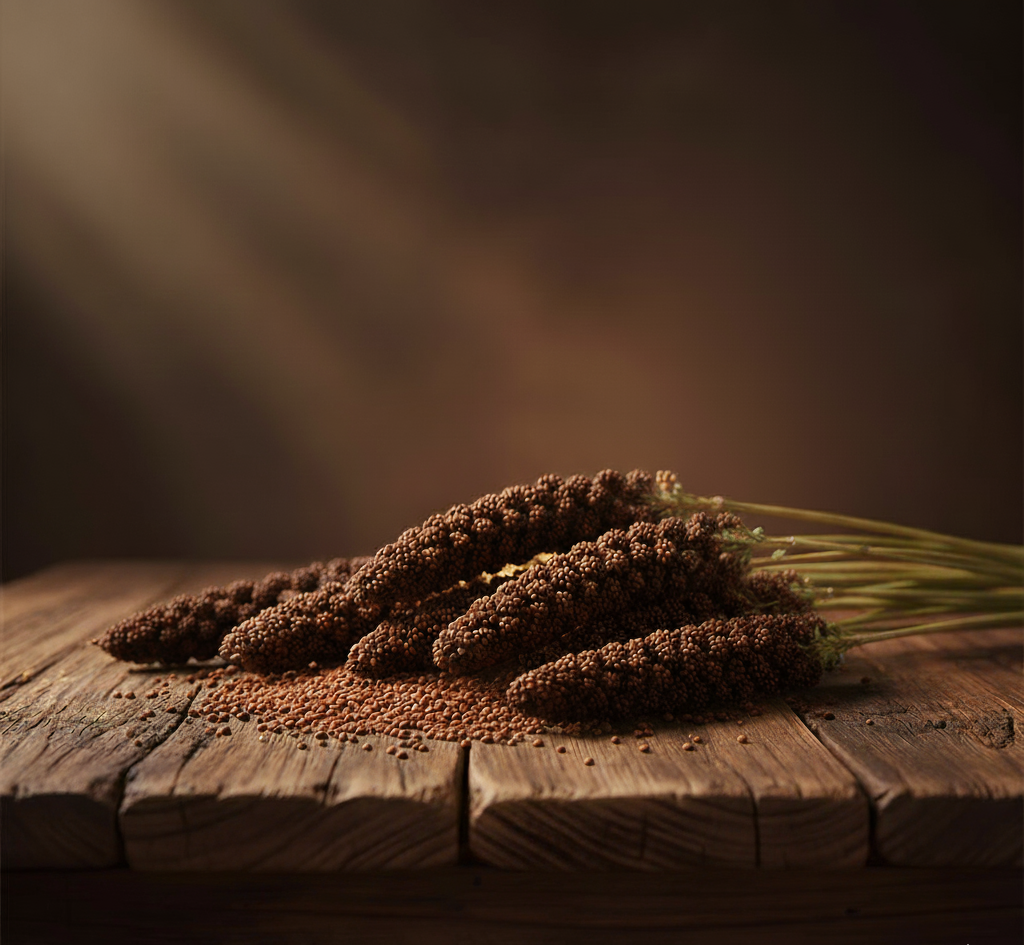No products in the cart.: ₹0.00

Kodo
Kodo millet (also called Kodra, Varagu, Harka, Arikelu, or Kodo) is one of the traditional small millets widely grown in India and other parts of Asia. It’s gaining attention as a nutritious, gluten-free, and climate-resilient grain. Here are the main advantages of kodo millet:
🌾 Nutritional Benefits
1.Rich in fiber – Helps in digestion, prevents constipation, and keeps you full for longer.
2.Low glycemic index (GI) – Useful for managing blood sugar levels, making it a good choice for diabetics.
3.Good source of protein – Helps in muscle repair and energy.
4.Packed with minerals – Contains iron, magnesium, calcium, and zinc, which support bone health, immunity, and heart function.
5.Gluten-free – A safe alternative for people with gluten intolerance or celiac disease.
6.Antioxidant-rich – Contains polyphenols that help fight oxidative stress and inflammation.
💪 Health Benefits
•Weight management: High fiber and low fat help control hunger and aid in weight loss.
•Diabetes management: Keeps blood sugar stable due to slow digestion.
•Heart health: Reduces cholesterol levels and supports cardiovascular health.
•Bone strength: Calcium and magnesium support healthy bones.
•Gut health: Acts as a prebiotic, supporting good gut bacteria.
🌱 Environmental & Agricultural Benefits
•Drought-resistant: Requires less water compared to rice or wheat.
•Short growing cycle: Matures quickly, making it a farmer-friendly crop.
•Pest-resistant: Needs fewer chemicals, supporting organic farming.
•Climate-resilient: Grows in poor soil and harsh conditions where other crops fail.
🍲 Culinary Advantages
•Can be used in place of rice or semolina for dishes like upma, khichdi, idli, dosa, pulao, pongal, or porridge.
•Has a light, nutty flavor that pairs well with both savory and sweet recipes.

